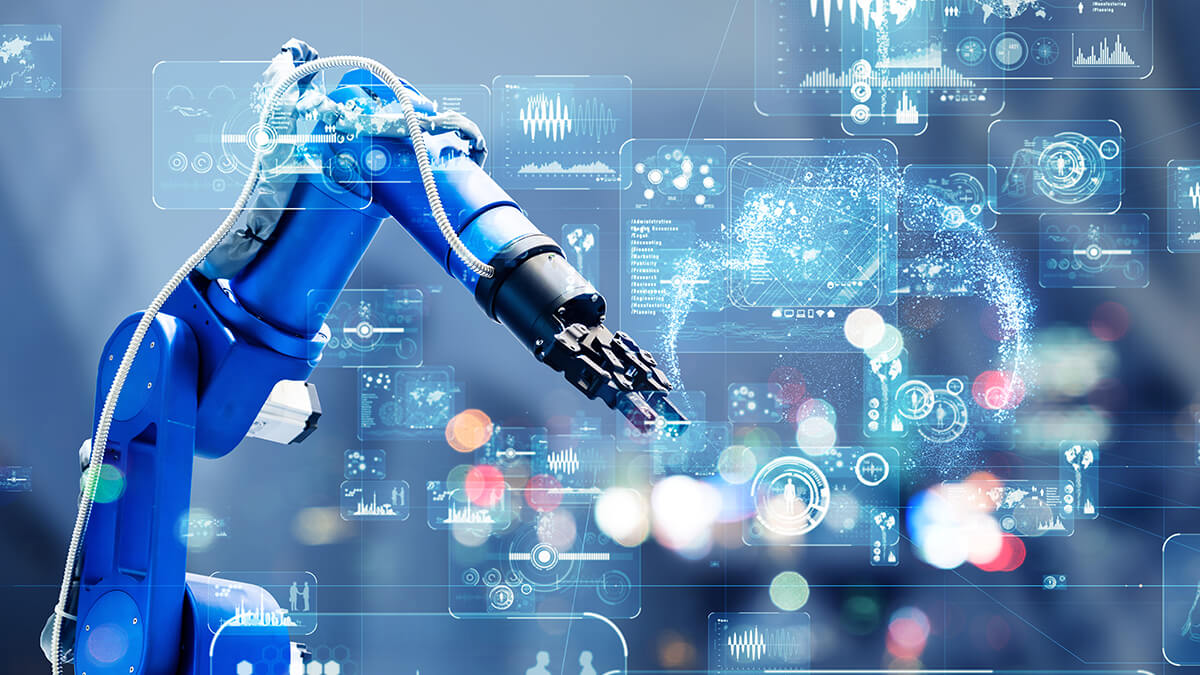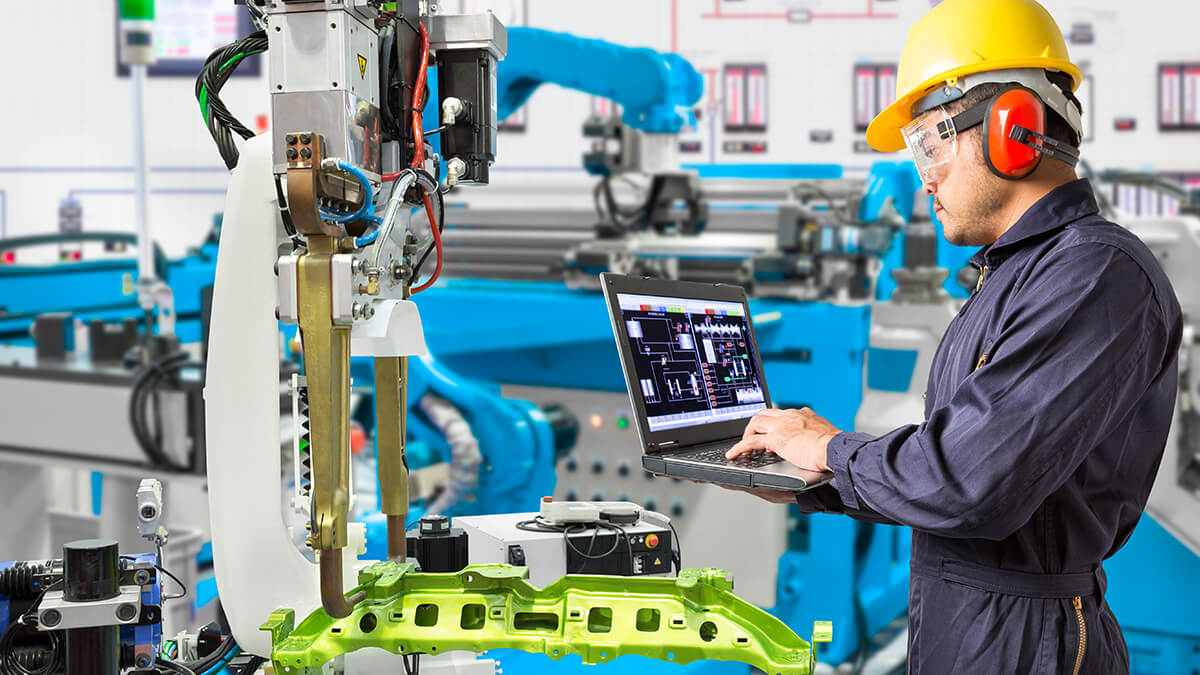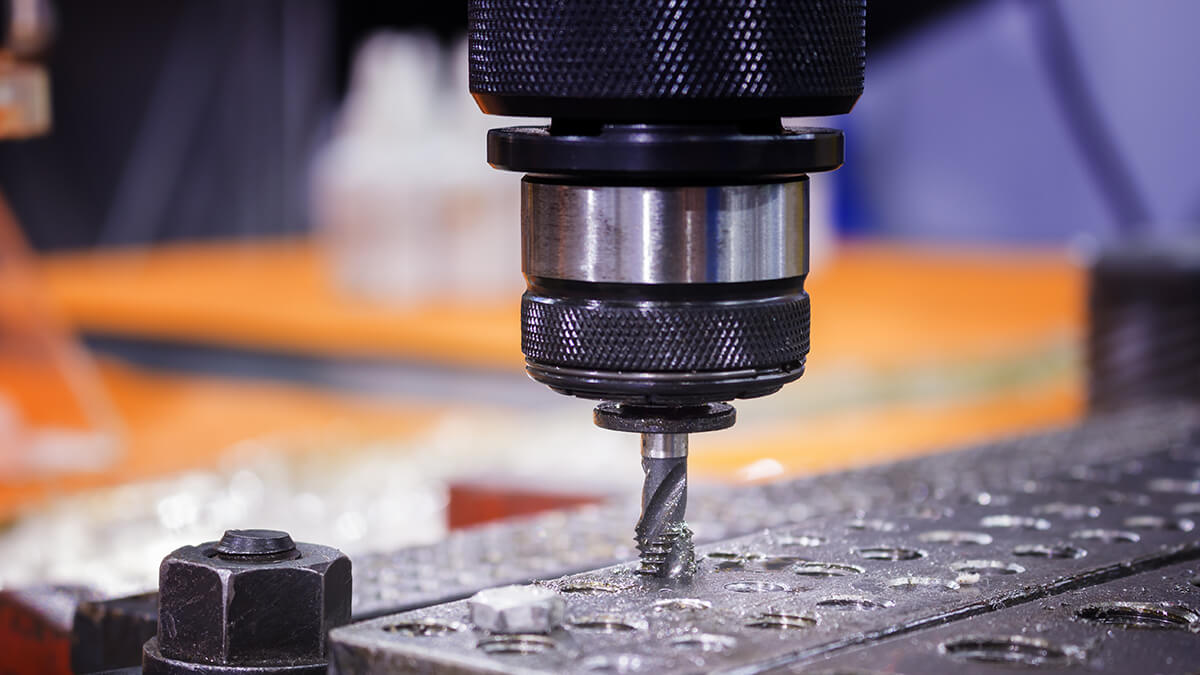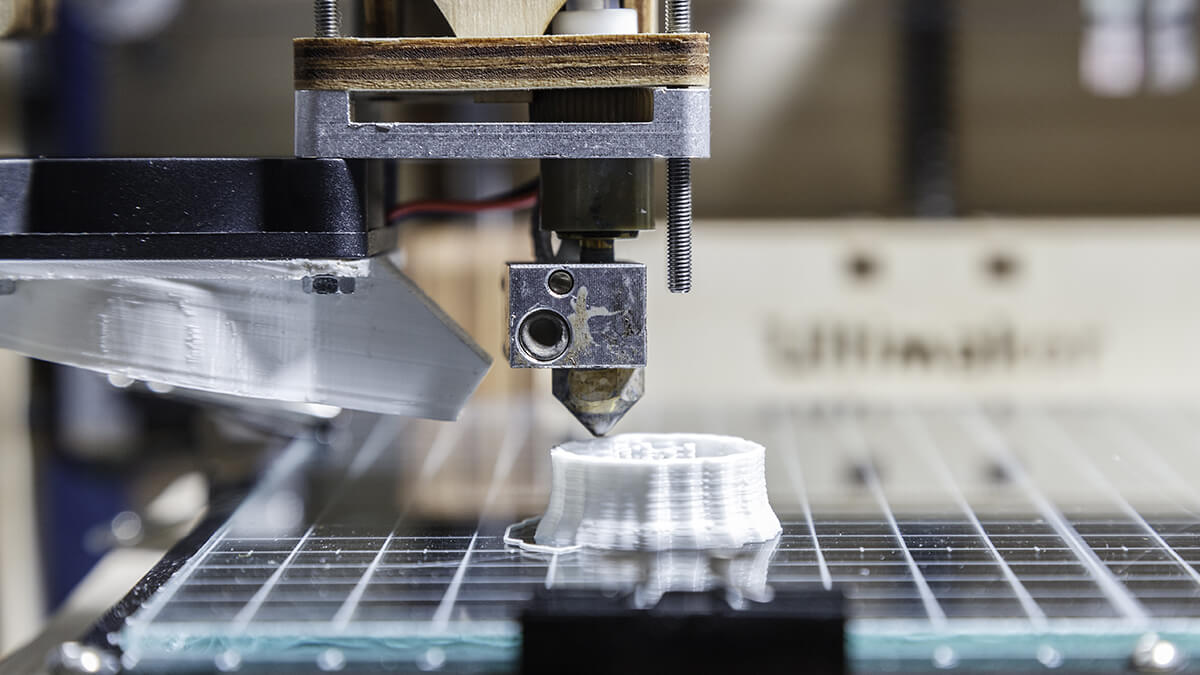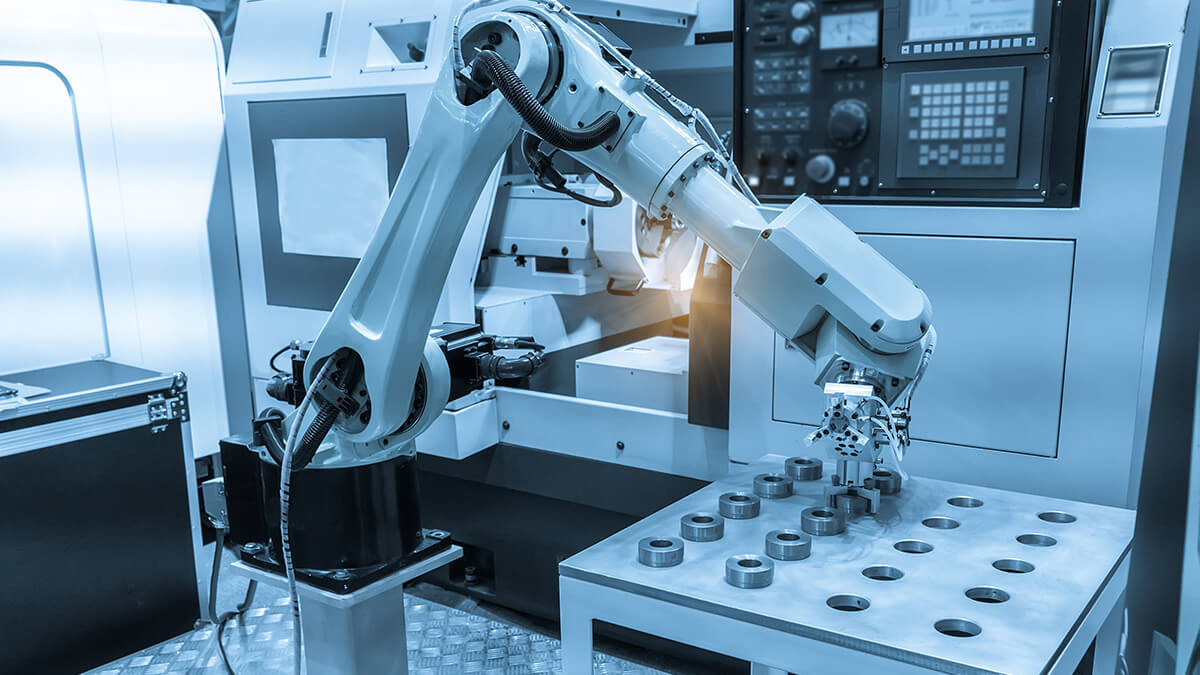Insights
Plastics waste is hurting the chemical industry as well as the environment. By taking the lead on recycling, chemical players could add a new dimension to the industry and help solve the problem.
2020-07-30 13:02:40
The US-China trade war has triggered a major reshuffle of the supply chain. The global manufacturing industry is facing unprecedented challenges. In the process of transforming smart manufacturing, the biggest problem is the integration of operating technology (OT) and information technology (IT). Only by working with the smart manufacturing ecosystem can we have a chance to survive in the changes and seize future business opportunities.
2020-07-30 10:20:52
Taiwan's IBM announced that it has joined forces with a large domestic solution integrator (SI) to identify the pain points that are difficult to integrate between IT and OT in the manufacturing industry, and uses the IBM Smart Manufacturing 5C maturity model as the blueprint. Both parties will provide pre-introduction evaluation services, depending on needs. However, SI will provide OT and IT integration services, or IBM will provide more data-driven AI value-added services.
2020-07-30 09:14:15
Artificial intelligence (AI) has the potential to transform how healthcare is delivered. A joint report with the European Union’s EIT Health explores how it can support improvements in care outcomes, patient experience, and access to healthcare services.
2020-07-29 16:13:00
The thread is usually the last feature added to the part. There are other challenges besides the exact parameters required and standard threading issues.
2020-07-29 11:22:50
Falcon machine tools said that this time they negotiated with MIKIPULLEY and Ebarashoji, and both parties have agreed to arrange sample shipments and production line visits.
2020-07-27 13:02:59
3D printing technology has been widely used in recent years, and it has also allowed the manufacturing industry to evolve into a "smart" manufacturing industry, which can achieve the large output value with the less manpower.
2020-07-24 13:54:14
In 2020, Taiwan's machinery industry will first stabilize its foundation and upgrade its technology, and gradually expand the demand for intelligence at home and abroad. In the future, it is expected to increase the market for smart machinery and smart manufacturing, and accelerate the realization of its vision of two trillion yuan in output value by 2025.
2020-07-24 09:26:07
Aerospace components must guarantee personnel safety and facilitate the optimal performance of high-precision instruments and machines.
2020-07-23 15:21:41
Green Manufacturing, also known as environmentally conscious manufacturing, is a manufacturing model that considers environmental impact and benefits.
2020-07-23 11:27:40
Hot Topic
Agree


